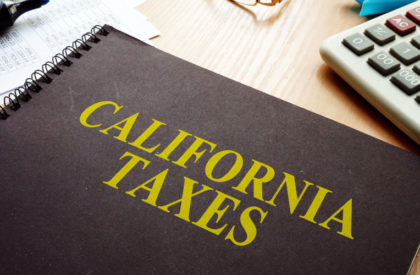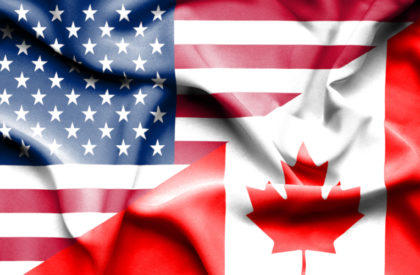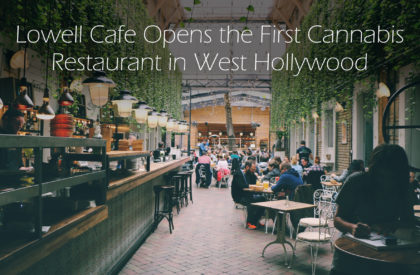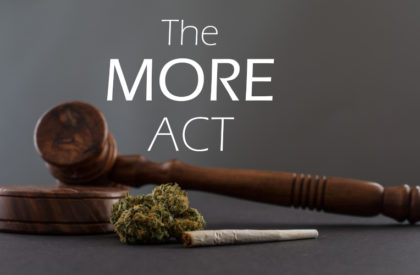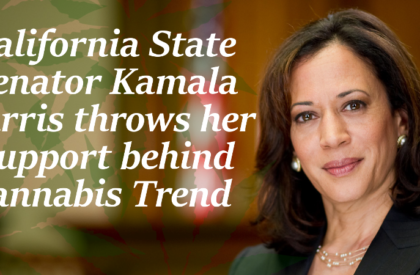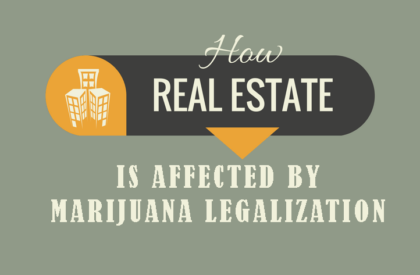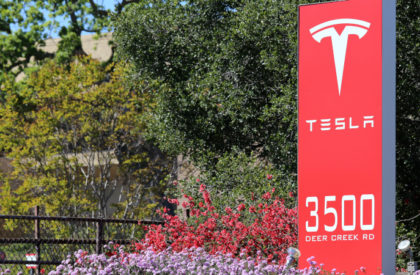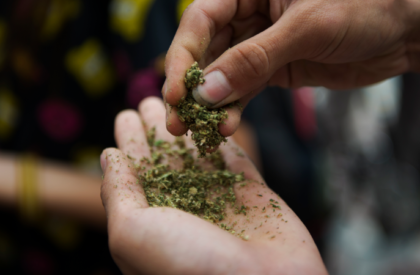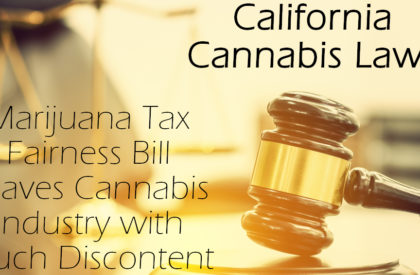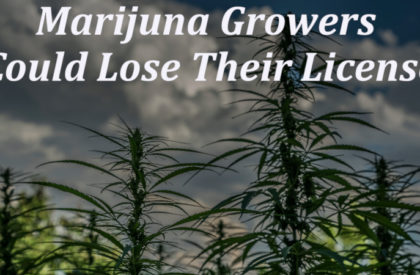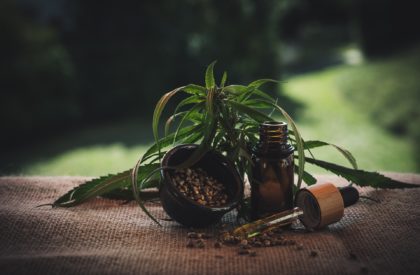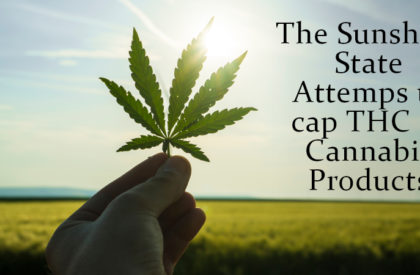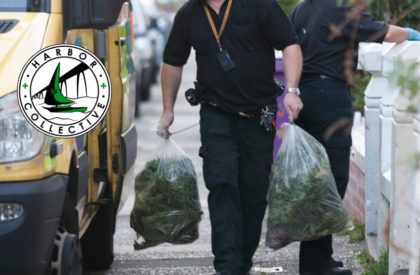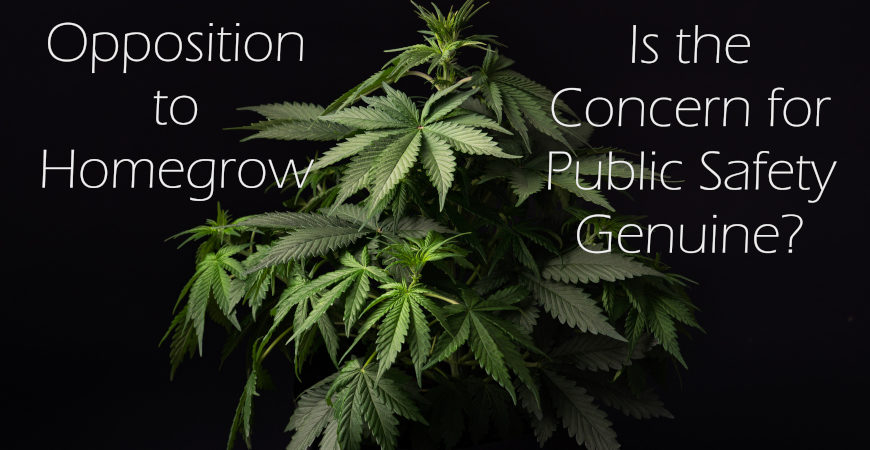
Opposition to Homegrow – Is the Concern for Public Safety Genuine?
Under a chapter named ‘The Fallacy of Home Grow’, the NYMCIA makes somewhat misleading arguments against home cultivation for personal use.
Over the last couple of decades, there has been much success in making marijuana use legal. Currently, there are 11 states and the District of Columbia that have passed laws allowing cannabis to be used recreationally, while 33 states and the District of Columbia have legalized medical marijuana.
Just last year, New York Gov. Andrew Cuomo pleasantly surprised many by endorsing legislation that would legalize marijuana for recreational use. This came as a surprise as Cuomo has previously stated his opposition to medical and recreational marijuana, and referred to it as a gateway drug. Thankfully, in 2014 he did approve a bill establishing a medical marijuana program in the state.
Since then, his thinking on recreational use seems to have altered with his endorsement of a bill to legalize. While the bill was well-received, it does carry one severe limitation that seems to originate from the industrial complex. The bill prohibits home cultivation, or homegrow, of cannabis for recreational use.
The Possible NYMCIA Influence
All states, excluding Washington, that permit recreational use of marijuana, also permit homegrow. For many, this move to buck the trend was unexpected until it was revealed following a Freedom of Information Act request by the advocacy website Marijuana Moment, that the New York Medical Cannabis Industry Association (NYMCIA) sent Cuomo a 29-page memo a month before his announcing a legalization plan.
Under a chapter named ‘The Fallacy of Home Grow’, the NYMCIA makes somewhat misleading arguments against home cultivation for personal use. The five reasons given to support their case, and why they fall short of commonsense, include:
- Home grow will make it impossible for the state to eliminate the black market – most states that do allow homegrow place a restriction of six plants for adults. This limitation does not bode well for any commercial enterprise.
- Homegrow will make it impossible for law enforcement to distinguish between legal and illegal products – counting up to six plants should be enough for even a novice law enforcement officer to know they are not dealing with a hardened drug dealer.
- Home grow will undermine the state’s harm reduction goal of ensuring that cannabis sold in New York State is grown without noxious pesticides or other contaminants – if a person can grow tomatoes and peas in their garden without pesticides and contaminants, chances are they can do just as well with cannabis.
- Home grow will undermine the state’s public health interest in ensuring that cannabis sold in New York State is tested, packaged, and labeled correctly – since the person growing is also the one consuming, they know exactly what is being ingested from its infancy.
- Homegrow will cost the state tax revenue, thus hindering the state’s ability to fund priorities such as drug abuse treatment and community investment – homebrews have done little to affect the revenues of giant beer manufacturers and instead have spurred a growth in the craft beer industry. The same can be expected of homegrow.
Related Article: Entrepreneurs Can Cash in on Marijuana Edible Business

Who are the NYMCIA
The NYMCIA is a representation of some of the biggest players in the growing cannabis industry. Its membership includes Citiva, The Botanist and Acreage NY, Vireo Health, Etain, Columbia Care, and MedMen. These members and their association have lobbied aggressively to prevent the cultivation of cannabis for personal use. The 29-page document sent to Cuomo is just a part of their efforts.
Interestingly, some of these companies, including Acreage Holdings and MedMen, when asked to make a statement, declined to comment on this policy document. Clearly, they feel the need to protect the image of their business but not the rights of ordinary consumers looking to share in a truly equitable legalization plan.
What does stand out in its absence in the document is how homegrow affects their bottom line, the only reason they would have to opposed it. In reality, the current and projected levels of revenue emanating from the industry are so high, it is unlikely that homegrow would have much impact on profit. The sad reality that corporate greed is what could result in those that cannot afford dispensary prices being locked out is disheartening.
Given how well the industry is doing in states that do allow homegrow, the argument could be made that members of the NYMCIA are doing their reputation more harm than good. Obviously, slight monetary concerns are driving them to support a position that would harm access to marijuana for those in lower-income groups and those that live far from dispensaries. Showing support for an open and transparent industry could help them gain access to new and improved strains developed by individuals to benefit a variety of conditions, and a host of other countless opportunities.


